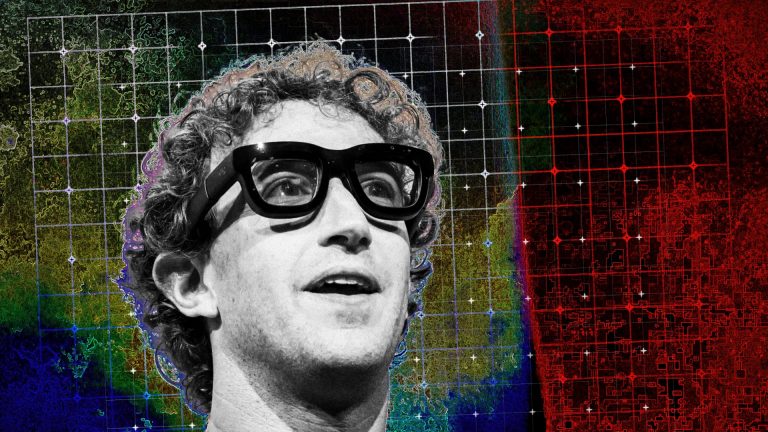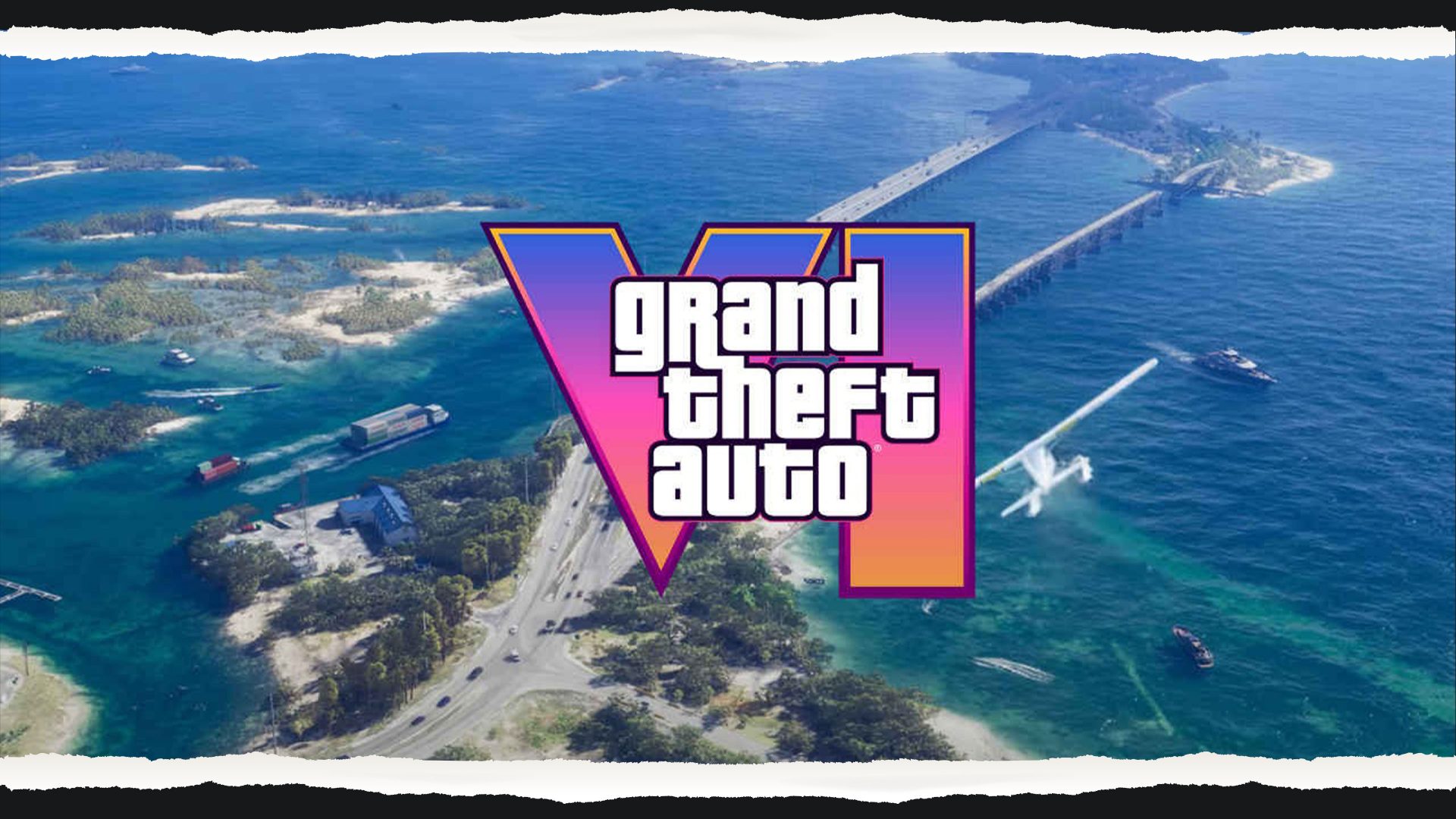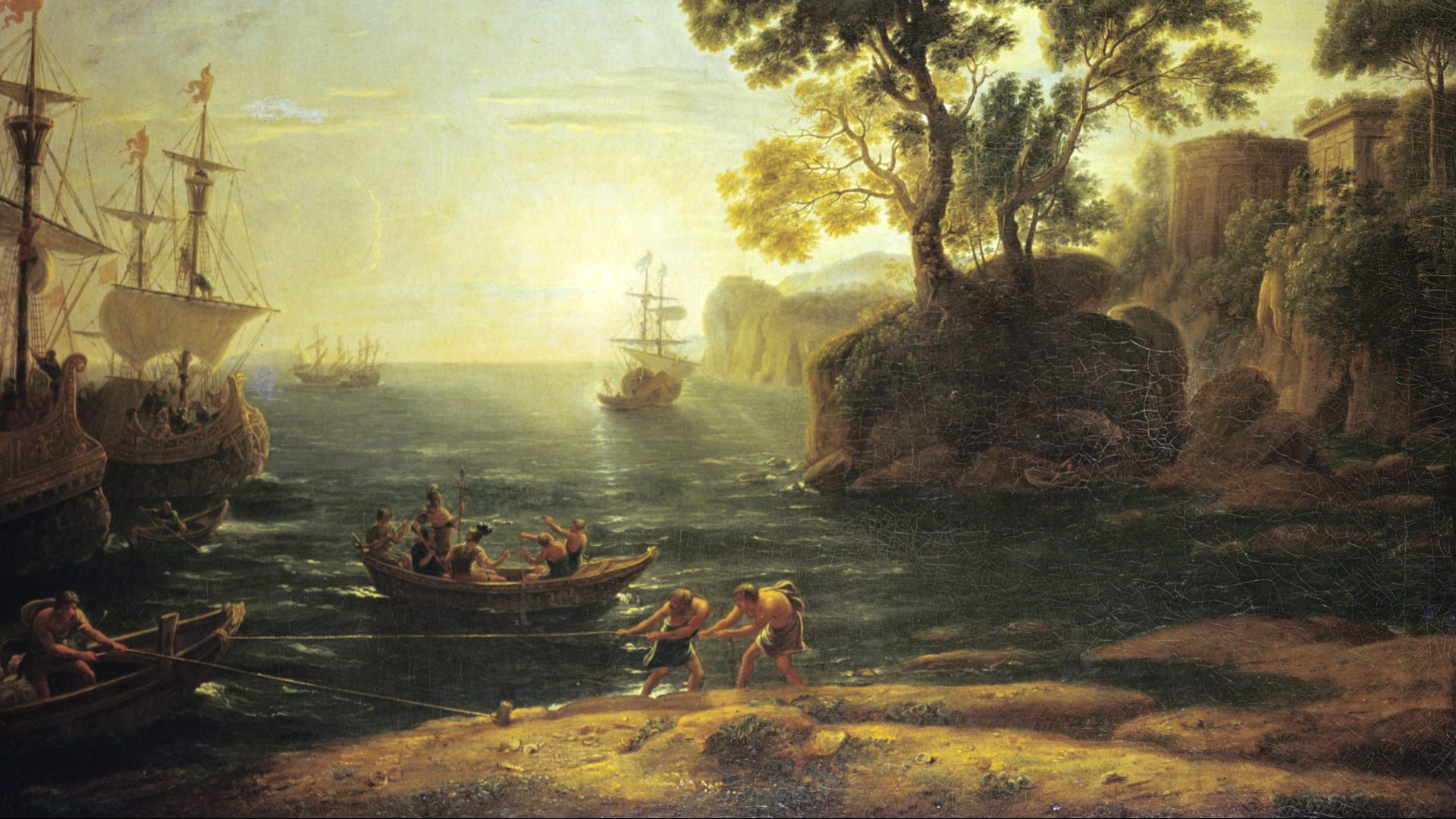I have a clear memory from Autumn 2013 etched into my memory; strolling down London’s Holloway Road to meet some friends at a bar, and realising as I walked that the fact that I was casually thinking about jacking cars and “what would it be like to fire a rocket launcher at the Odeon” was probably a sign that I had perhaps spent slightly too long playing the just-released Grand Theft Auto 5.
It’s a testament to the franchise’s cultural heft that, despite the 12 years since the launch of its last iteration, the letters “GTA” still occupy a prime spot in the global consciousness. With the recent news that the next installment – GTA6 – has been delayed (again!) until November 2026, and, with it set to launch into a very different media landscape to its predecessors, how is it likely to be received and what does its long-awaited arrival mean for the gaming and broader entertainment industries in general?
It’s hard to overstate the impact that the Grand Theft Auto series has had on gaming and the wider culture. Developed by Rockstar North, a company originally based in Dundee but now headquartered in Edinburgh, GTA was one of those titles that shifted gaming from being something that grumpy teenaged boys did in their bedrooms to being something that almost everyone was doing.
GTA allowed players to become gangsters, stalking around a fictional city based on LA doing drug deals, shooting people and generally acting like a complete sociopath. People loved it. Inevitably there were panics over the violence, the amorality and the titles’ approach to sex. The game’s soundtracks launched whole music careers, and there were mentions in parliaments around the world from concerned politicians who worried that too many hours spent being Tommy Vercetti in Vice City would turn children into copycat spree killers. Perhaps most importantly, though, the games sold an astonishing volume of copies and made Rockstar, and publisher Take Two, a truly mindboggling amount of money.
As of early 2025, GTA5 had sold over 210 million units worldwide. Total revenue from the Grand Theft Auto franchise since the launch of GTA5 (from September 2013 to the end of 2024) has reached approximately $9.54 billion. Other reports as of January 2025 place the revenue for GTA5 alone at $8.6 billion. That means that even when you adjust for inflation, this single game has grossed more than Star Wars, and has dwarfed the box office returns of James Cameron’s Avatar, the highest-grossing film of all time. This makes Grand Theft Auto 5 the most valuable single media product ever created.
The almost unbelievable success and notoriety of GTA has played a significant role in gaming’s emergence as the most lucrative entertainment sector in the world. While people pay more for streaming as a category of media, consumer spending on games dwarfs either recorded music or cinematic box office revenue.
It’s fair to say, then, that the forthcoming release of GTA6 is a very big deal, not just in the world of games, but in the wider world of entertainment. It’s not hyperbolic to suggest that it is one of – if not the – most anticipated and significant shared cultural moments in entertainment history.
“The development budget for GTA6 is rumoured to be north of $1bn, around the same as Avengers: Endgame and Infinity War combined,” says George Osborn, an industry analyst and author. “To satisfy the market it’s going to have to look at doing $3-4bn in sales at launch. It’s possible, but challenging.”
It’s this degree of economic pressure that has extended the game’s development cycle past the decade mark. Its initial release date was “sometime in 2025”, which was pushed back first to May and then November 2026. Games are complex things to develop, and the larger they are the more complex they become – and Grand Theft Auto titles have reputations for being maximalist in terms of content and polish. The testing process is long, rigorous and often painful. But it is also vital, especially for a game as highly-anticipated as this.
The industry has been burnt before by releasing a title prematurely. Cyberpunk 2077 was developed by the Polish studio CD Projekt Red, and it is the previous holder of the “most anticipated videogame EVER” title. It was hyped by endless flashy trailers promising “GTA-beating” gameplay inside a living, breathing future city with never-before-seen graphical fidelity, and featuring an in-game performance by Keanu Reeves. Cyberpunk 2077 was expected to break every record going for sales and scores at launch.
Then the game came out, and it became abundantly clear that it wasn’t anywhere near ready. It was full of bugs, it glitched, and the console versions in particular were barely playable, to the point where Sony banned the game from digital sale on Playstation until it had been fixed, and refunded players for their purchases. Since then, CD Projekt’s share price has halved in value.
Suggested Reading


Return of the glassholes
As Osborn says, “Rockstar knows that they have to get it right… they can’t afford to release a buggy, unfinished game, especially after what happened with Cyberpunk. That was a real wake-up call for the industry, that you can’t just release a game and hope for the best. You have to deliver at launch, not months afterwards. And Rockstar has a reputation for quality; their games are always very polished, technically very impressive.”
All this polish has a human cost. In an industry known for “crunch” (the period at the end of the development cycle when it’s not uncommon to see developers living in the office to get the product market-ready), Rockstar has long had a reputation for demanding superhuman efforts to meet its exacting standards. The company’s recent dismissal of over 30 staff at its Rockstar North offices was ostensibly down to “leaked material” and “gross misconduct”, but there’s a strand of thinking which suggests there is a more nefarious reason.
The games magazine Rock Paper Shotgun suggested that union membership at Rockstar North “reached the legal minimum required for statutory recognition under UK law,” shortly before the sackings. It is not clear whether that allegation is true – but it is, after all, significantly harder to subject a unionised workforce to crunch conditions than a non-unionised one.
There’s an argument to suggest that GTA6 is simply too big to fail, not only for Rockstar, but also for the wider industry. The past few years have seen declining returns for the big “AAA” titles: Assassin’s Creed, Call of Duty and so on. The reason is that rising development costs mean chagrin more for the game. But then a person who can afford a £60 videogame probably can’t spend as much time playing it as they did in the old days.
Combine that with weak consumer spending in the face of global economic difficulties and it becomes harder to justify spending nine figures on making a single video game. Among all this is GTA6, which has by some distance the largest development budget ever committed to a single entertainment product. The outcome of its release will determine the sorts of games people feel they can afford to make in the future.
Another hugely consequential effect of Grand Theft Auto is that it might also have quietly invented the “metaverse”. It’s easy to scoff – thanks, Zuckerberg! – but the idea of digital worlds in which people will spend significant portions of their time creating parallel existences and social lives and economies and narratives, is very much alive in GTA Online. That’s the online multiplayer expansion of GTA5 which attracts 20 million players a month and which. Along with Roblox, is the closest we have come to a working expression of the metaverse ideal.
Players log on every day to undertake heists, to run the in-game casinos they own, to grow their collection of limited edition digital sports cars… but also to roleplay as cops and robbers and emergency services personnel. There are channels on Twitch dedicated to showcasing virtual policemen and ambulance workers taking part in extended roleplay scenarios. In news which will surprise those who only play vanilla GTA, they even stop at traffic lights.
Rockstar provided the world, the players provided the culture, and the resultant mix is perhaps the closest you can currently get to a persisting, “living” digital world.
The plan is to integrate this model directly into GTA 6. An insider stated the aim was “to spin up a metaversal universe of custom-built experiences… with an attached UGC creator economy”, while Rockstar is reportedly already in talks with top creators from Roblox and Fortnite to develop content for its new online world post-launch. GTA 6 isn’t just being built as a game you play, it’s being built as a platform you create on and an ongoing world you (or a digital representation of you) can inhabit forever (or at least until GTA7).
Whatever the endgame, the November 2026 launch is set to warp the economics of the entertainment industry like little else before it. Other publishers are scrambling to get their titles out of the way of the GTA launch window. As Osborn says, “Q4 2026 is now not when you want to be launching a game that isn’t Grand Theft Auto”.
This applies to other media too. If you consider that the game will likely retail at £80 and that it’s the sort of title that will see people buy consoles especially to play it, a lot of people aren’t going to have much money left over.
Until then, though, there’s nothing to do but wait. November 2026 may well mark the high watermark for big budget games and the end of a certain type of publishing. After all, it may be that GTA is the last franchise that can ever attain this sort of mass-market hype in an ever more fragmented culture. It could be the title that makes the metaverse mainstream. It might also, of course, flop immensely and bring down several companies along the way – but that’s not likely. The only certainty is that everyone will be talking about it, and that I am probably going to start daydreaming about molotovs again.




